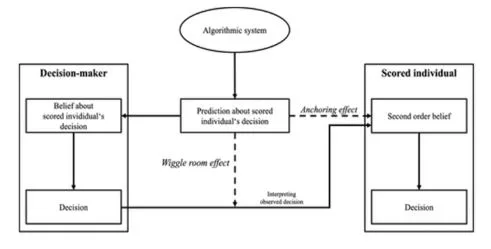Aitherapy Proves CBT Doesn’t Need a Human Therapist to Be Effective
For decades, the word therapy has meant sitting across from another person, someone who listens, understands, and helps you make sense of your thoughts. We’ve assumed that healing requires human connection. But what if one of the most proven forms of therapy, Cognitive Behavioral Therapy (CBT), doesn’t actually need a human to work?
That’s the question Aitherapy set out to answer. And the results are changing what we believe about mental health.
Why CBT Works Without a Human
CBT is different from most other types of therapy. It’s structured, logical, and skill-based. It teaches people how to recognize unhelpful thought patterns, challenge distorted beliefs, and replace them with healthier responses. These techniques can be learned and practiced without needing a therapist’s emotional presence, as long as the guidance is clear, consistent, and evidence-based.
That’s where technology fits perfectly. Studies from Oxford University and the UK’s National Health Service have already shown that computerized CBT (cCBT) can be just as effective as in-person therapy for mild to moderate anxiety and depression. The science proves it works. What was missing was an experience that feels human enough for people to actually use it.
The Aitherapy Approach
Aitherapy builds on CBT’s foundations using emotionally adaptive artificial intelligence. It doesn’t just repeat scripted responses. It listens to your words, identifies emotional cues, and responds with compassion while keeping the structure and clarity of CBT intact.
The result is a consistent, judgment-free space to think, reflect, and practice new coping skills. Users describe it as surprisingly personal, not because the AI “feels,” but because it helps you feel understood.
“Talking to Aitherapy has become a way of life,” one user shared. “It helps me reflect on my reactions and understand myself better.”
This type of interaction represents a new category of mental health support, one that doesn’t depend on human availability, time zones, or cost.
Evidence Beyond Emotion
Since launching publicly, Aitherapy has facilitated thousands of CBT-based sessions. Users spend an average of nearly two minutes per conversation and often return daily or weekly to continue their progress. Feedback frequently highlights precision, insight, and comfort, proof that users are not just chatting, but growing.
“I love how it challenges my thinking without being cold,” another user said. “It feels like a guide that’s always there when I need it.”
These are not isolated stories. They reflect how structured reflection, when combined with accessible technology, can lead to real cognitive and emotional change.
Accessible, Private, and Scalable
Aitherapy makes CBT available to anyone, anytime, without the usual barriers. It’s affordable at $15 per month, offers 20 free messages per day, and protects every conversation through HIPAA-aligned safeguards.
Unlike a human therapist, it never forgets, never judges, and never gets tired. That consistency makes it uniquely reliable, especially for people who want help managing everyday anxiety, self-criticism, and overthinking.
The Future of Therapy
Aitherapy isn’t here to replace human therapists. It’s here to expand access. The reality is that millions of people who need mental health care will never meet a therapist face-to-face. WithAI-powered CBT, they don’t have to wait to start healing.
CBT has always been about learning how to think differently. If AI can teach those skills clearly, compassionately, and securely then therapy doesn’t need to begin in a therapist’s office anymore.





